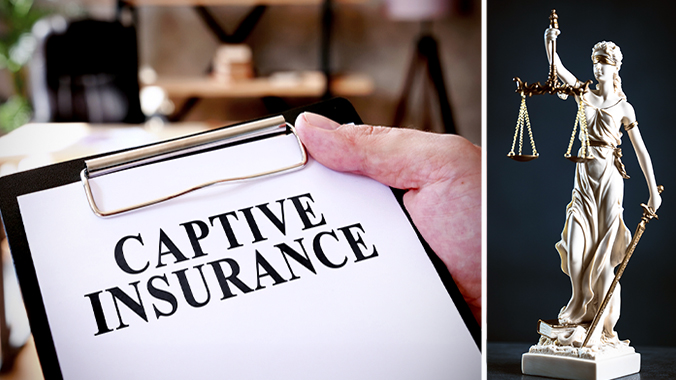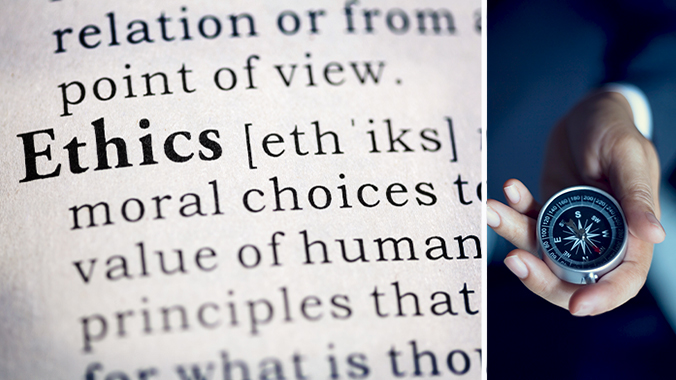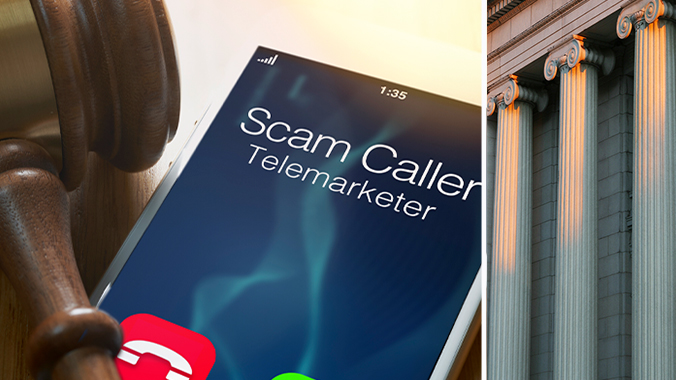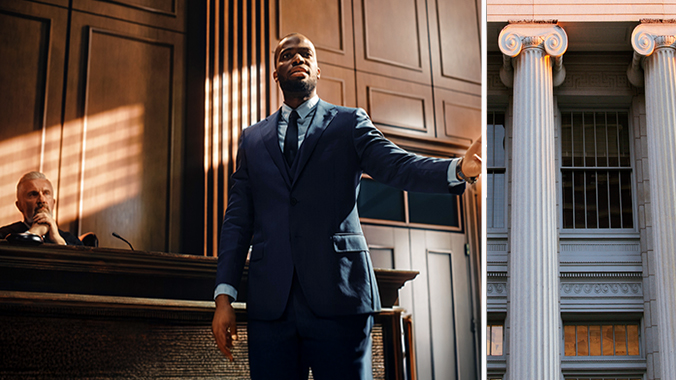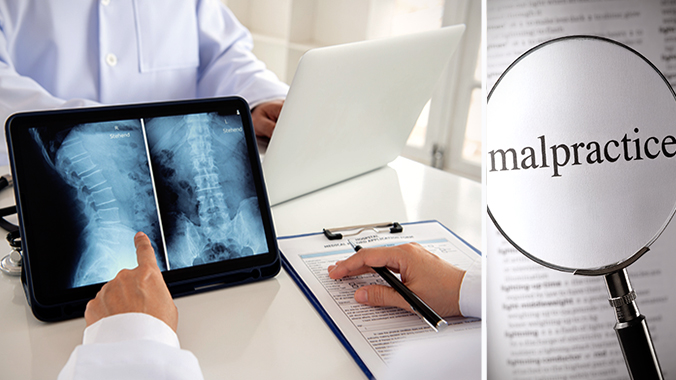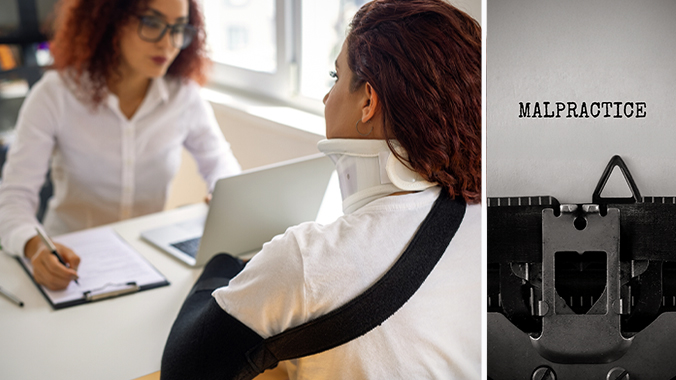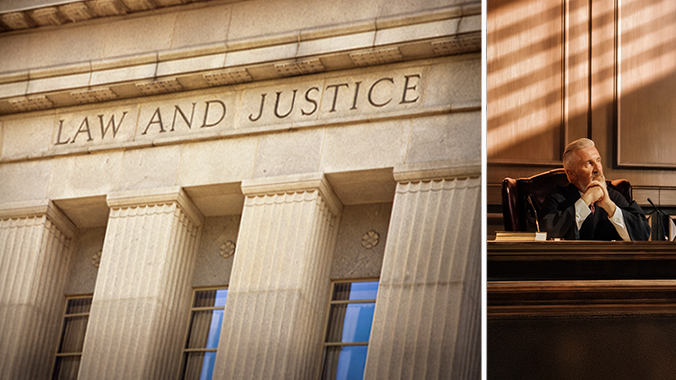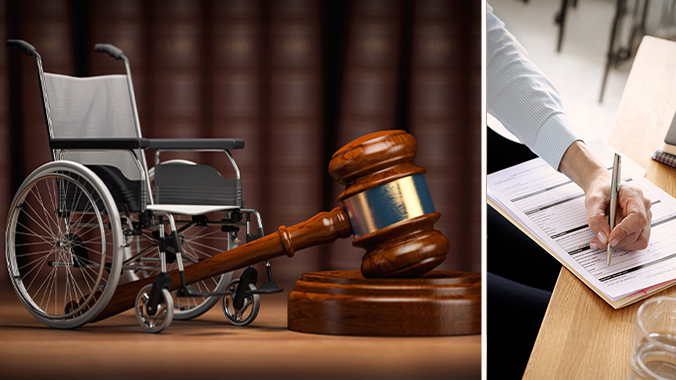Church and Ministry Liability: Employment Claims, Misconduct Suits, Civil Exposure, and Protected Autonomy Under the Law


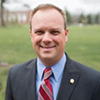
On-Demand: August 22, 2025
4.5 hour CLE
Tuition: $295.00
Co-Sponsored by myLawCLE
Get this course, plus over 1,000+ of live webinars.
Learn More
Training 5 or more people?
Sign-up for a law firm subscription plan and each attorney in the firm receives free access to all CLE Programs
Program Summary
Session I - Religious Employment Law and Clergy Misconduct: Legal Duties and Risk Management - Theresa Sidebotham
Ministries are responsible not only for their employees, but their members and the people they serve, and good legal advice must take this into account. This session will give some highlights to be considered. Employment law with respect to religious organizations—churches, synagogues, religious schools, missions, and other ministries—has both an additional layer of legal considerations and some practical points. We’ll discuss how religious employment in general is exempt under Title VII with respect to religious discrimination, and how to approach this nuanced analysis. This is further affected by the ministerial exception, which gives ministries almost total freedom to select ministers. We’ll consider important questions about the extent to which religious organizations can require religious beliefs and values. Next, we’ll consider clergy misconduct and how it affects possible criminal liability and civil liability. We’ll consider the protections, policies, and training that ministries should have in place. We’ll answer the following important questions. What should ministries do about HR compliance training? What should child safeguarding look like in the ministry context? Finally, how should ministries respond when there are allegations of misconduct, whether by employees or members, to carry out appropriate investigations and make sure that everyone is safe?
Key topics to be discussed:
- The ministerial exception and the religious exemption
- Clergy misconduct with criminal and civil liability
- HR compliance policies and training for ministries
- Child safeguarding policies and training for ministries
- Responding to allegations of misconduct
Session II - Safeguarding the Vulnerable: Abuse Prevention and Child Protection in Ministries - Jeff Dalrymple
Join us to learn more about abuse prevention and child & youth protection especially for churches and non-profits. According to Church Law & Tax, the number one reason why a church or non-profit ends up in court is the sexual abuse of a minor. Prevention is key to ensure a safe environment where kids can learn and grow. Most abuse in CYSO programs is preventable through appropriate screening, training, and supervision. By enacting effective child protection risk management measures, your CYSO can protect the next generation, your workers, and your mission. Don’t miss this introduction to abuse prevention designed to help you understand the problem, the impact, and road-map your path toward protection.
Key topics to be discussed:
- Recognize the problem of abuse in a church and ministry context
- Raise awareness for the importance of abuse prevention and child protection
- Understand the framework for safeguarding the vulnerable
Session III - Religious Institutions in a Secular Legal Environment - Jonathan Robert Nelson
This session is designed to expand your knowledge of how religious faith – something that is uniquely ungovernable by secular law – is treated within America’s explicitly secular legal system. Constitutional and statutory provisions create a special legal regime for churches and other religious institutions. We will review how free exercise and establishment clause case law has evolved to date, developments in the application of the Religious Freedom Restoration Act and other statutes, judicial doctrines involving abstention, deference and the use of “rational principles” and “ministerial exceptions” to decide controversies involving religious institutions, incorporation and other forms of organization for religious organizations, and the “dual nature” of incorporated religious entities.
Key topics to be discussed:
- First Amendment protections for religious organizations
- Incorporation and other forms of organization for religious institutions under state laws
- Principles of church governance in corporate context
- Judicial abstention in cases involving religious conflicts
This course is co-sponsored with myLawCLE.
![]() Closed-captioning available
Closed-captioning available
Speakers
 Theresa Sidebotham | Telios Law PLLC
Theresa Sidebotham | Telios Law PLLC
Theresa Lynn Sidebotham founded Telios Law PLLC in 2012, where she advises organizations in the U.S. and internationally, with a focus on religious and nonprofit law, employment law, child safety, and investigations.
Telios Law advises on legal and policy issues, with an emphasis on First Amendment protections, international law, child protection policies and practices, and employment practices. It also coordinates legal audits and assists with internal investigations. While Telios Law primarily helps clients prevent litigation, it also represents organizations in legal proceedings, advocating for constitutional protections related to religious free exercise, religious privilege, and other First Amendment issues, as well as handling business and employment law matters.
Although she was born in New York, Theresa and her parents arrived in Indonesia just in time for the Communist coup in the “Year of Living Dangerously”. Her four sons were born on three different continents, the youngest when she and her husband were serving in Sumatra. After returning to the States, she enrolled in law school and graduated first in her class from the University of Denver Sturm College of Law. Theresa was mentored by judges at the Colorado Court of Appeals and worked at a large law firm serving religious institutions and doing general litigation before opening Telios Law.
Now, she uses these experiences to help religious and nonprofit organizations achieve their vision in a way which is “complete, perfect, or whole,” as the name “Telios” implies.
 Jonathan Robert Nelson | Nelson Madden Black LLP
Jonathan Robert Nelson | Nelson Madden Black LLP
Jonathan Nelson practices primarily in the fields of civil litigation and corporate law, with a concentration on the representation of religious institutions. He is a highly regarded church law practitioner.
In 1991, after eight years of practice with major law firms in Chicago and New York City, Mr. Nelson began to develop an independent law practice representing religious institutions and others. Since then, Mr. Nelson has represented or advised hundreds of clients in the religious community, including Christian churches of many kinds, synagogues, mosques, a religious order, Hindu temples, Jungians, a Yoruba cultural center, pastors, church trustees, missionaries, and victims of religious persecution seeking asylum. Mr. Nelson has been a panelist or speaker at meetings organized by the American Bar Association, the New York City Bar Association and other lawyers’ groups. He has also served as lead counsel in numerous judicial and administrative litigations, including a precedent-setting lawsuit brought by the Fifth Avenue Presbyterian Church against the City of New York in 2001 to enforce the church’s First Amendment rights to serve homeless people on the steps of the church. Mr. Nelson has been listed in SuperLawyers since 2012 and has been rated “AV Preeminent” since 1998.
 Jeff Dalrymple | Evangelical Council for Abuse Prevention
Jeff Dalrymple | Evangelical Council for Abuse Prevention
Jeff Dalrymple is currently the Director Abuse Prevention & Response at the SBC Executive Committee. Jeff formerly served as executive director of the Evangelical Council for Abuse Prevention, a national association of Christian ministries committed to child and youth protection. In his role with the SBC Executive Committee, Jeff serves as a catalyst to educate and equip Southern Baptists with abuse prevention and response. His leadership experience includes roles in public safety, higher education, non-governmental organizations, and parachurch ministry. Jeff served as a vice president at Southern Seminary in Louisville from 2008-2016. In addition to implementing child protection programs at several ministries, his experience includes organizational leadership, team building, communications, development/fundraising, hospitality, conference & event planning, international relations, strategic planning, and board governance. Jeff is based in Jacksonville, Florida and is married to his wife Kristil and together they have four children.
Agenda
Session I – Religious Employment Law and Clergy Misconduct: Legal Duties and Risk Management | 12:00pm – 1:40pm
- The ministerial exception and the religious exemption
- Clergy misconduct with criminal and civil liability
- HR compliance policies and training for ministries
Break | 1:00pm – 1:10pm
- Child safeguarding policies and training for ministries
- Responding to allegations of misconduct
Break | 1:40pm – 1:50pm
Session II – Safeguarding the Vulnerable: Abuse Prevention and Child Protection in Ministries | 1:50pm – 2:50pm
- Recognize the problem of abuse in a church and ministry context
- Raise awareness for the importance of abuse prevention and child protection
- Understand the framework for safeguarding the vulnerable
Break | 2:50pm – 3:00pm
Session III – Religious Institutions in a Secular Legal Environment | 3:00pm – 5:10pm
- First Amendment protections for religious organizations
- Incorporation and other forms of organization for religious institutions under state laws
Break | 4:00pm – 4:10pm
- Principles of church governance in corporate context
- Judicial abstention in cases involving religious conflicts
Credits
Alaska
Approved for CLE Credits
4.5 General
Alabama
Approved for Self-Study Credits
4.5 General
Arkansas
Approved for CLE Credits
4.5 General
Arizona
Approved for CLE Credits
4.5 General
California
Approved for CLE Credits
4.5 General
Colorado
Approved for CLE Credits
5 General
Connecticut
Approved for CLE Credits
4.5 General
District of Columbia
No MCLE Required
4.5 CLE Hour(s)
Delaware
Pending CLE Approval
4.5 General
Florida
Approved via Attorney Submission
5.5 General Hours
Georgia
Approved for CLE Credits
4.5 General
Hawaii
Approved for CLE Credits
5.4 General
Iowa
Pending CLE Approval
4.5 General
Idaho
Pending CLE Approval
4.5 General
Illinois
Approved for Self-Study Credits
4.5 General
Indiana
Approved For On-Demand Credits
4.5 General
Kansas
Pending CLE Approval
4.5 Substantive
Kentucky
Approved for Self-Study Credits
4.5 General
Louisiana
Pending CLE Approval
4.5 General
Massachusetts
No MCLE Required
4.5 CLE Hour(s)
Maryland
No MCLE Required
4.5 CLE Hour(s)
Maine
Approved for CLE Credits
4.5 General
Michigan
No MCLE Required
4.5 CLE Hour(s)
Minnesota
Approved for Self-Study Credits
4.5 General
Missouri
Approved for Self-Study Credits
5.4 General
Mississippi
Pending CLE Approval
4.5 General
Montana
Pending CLE Approval
4.5 General
North Carolina
Pending CLE Approval
4.5 General
North Dakota
Approved for CLE Credits
4.5 General
Nebraska
Pending CLE Approval
4.5 General
New Hampshire
Approved for CLE Credits
270 General minutes
New Jersey
Approved for CLE Credits
5.4 General
New Mexico
Approved for Self-Study Credits
4.5 General
Nevada
Pending CLE Approval
4.5 General
New York
Approved for CLE Credits
5.4 General
Ohio
Approved for Self-Study Credits
4.5 General
Oklahoma
Pending CLE Approval
5.5 General
Oregon
Pending CLE Approval
4.5 General
Pennsylvania
Approved for CLE Credits
4.5 General
Rhode Island
Pending CLE Approval
5.5 General
South Carolina
Pending CLE Approval
4.5 General
South Dakota
No MCLE Required
4.5 CLE Hour(s)
Tennessee
Approved for Self-Study Credits
4.5 General
Texas
Approved for CLE Credits
4.5 General
Utah
Approved for Self-Study Credits
4.5 General
Virginia
Not Eligible
4.5 General Hours
Vermont
Approved for CLE Credits
4.5 General
Washington
Approved via Attorney Submission
4.5 Law & Legal Hours
Wisconsin
Approved for Self-Study Credits
5 General
West Virginia
Pending CLE Approval
5.4 General
Wyoming
Pending CLE Approval
4.5 General
Preview
More CLE Webinars
Trending CLE Webinars

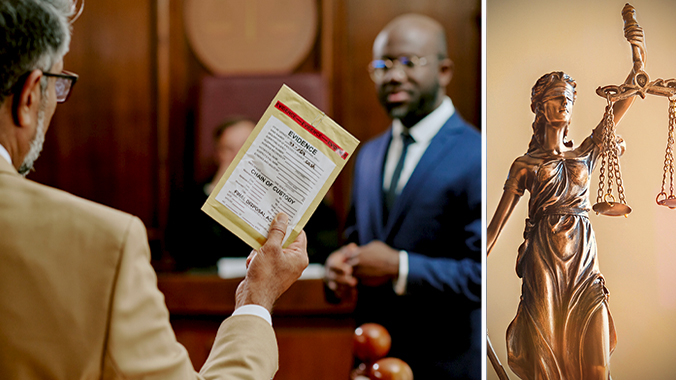



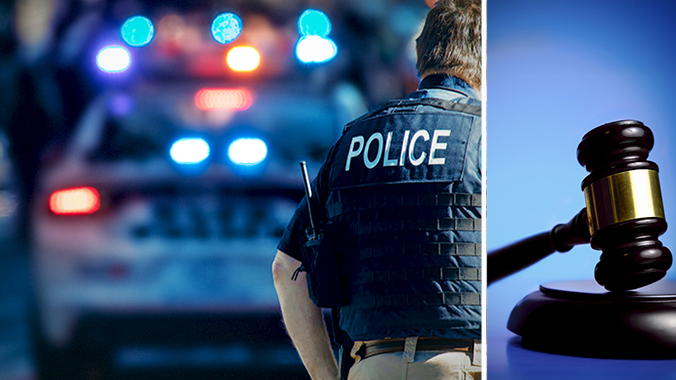



Upcoming CLE Webinars




















